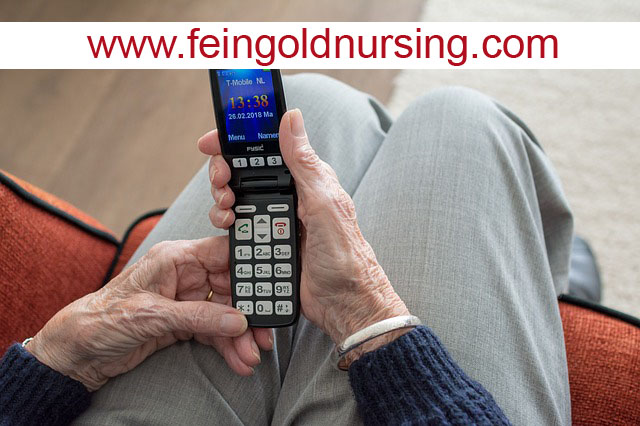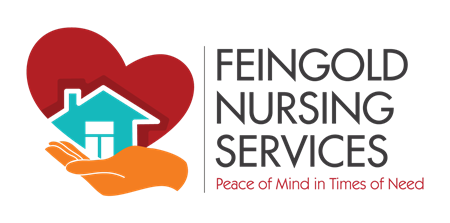How many times do you receive a sales call on your phone? Even if you’re on the “do not call” list they still call. A trick that telemarketers use recently is to disguise the number they call from, which is very confusing especially to seniors who may be easily confused. Your loved one’s caller ID may say an incoming call is from a local number but it’s really an unscrupulous crook in Indonesia who will stop at nothing to get a valid credit card number and steal as much as they can.
Here are a few facts to ponder:
- 66% of financial crimes against seniors are committed by people they know, so it’s not all offshore telemarketers.
- Only 10% of seniors polled by Wells Fargo Bank think they are at risk of being a victim of a bank or credit card crime.
- Many seniors will actually carry on a conversation with a stranger because they are lonely and have no one to talk to.
With those things in mind, we recommend people who are concerned about an elder loved one’s well being pay attention to phone calls, mail, and ask about visitors. Seniors often fall prey to “home repair” scammers who will ring the doorbell and then try to grab cash and run.
Everyone has a right to privacy, but if you are concerned about a loved one we recommend you ask permission to review financial records and even the call log on their phone. Calmly ask questions about callers and visitors they have recently had contact with. If you suspect something, don’t be afraid to call the non-emergency number of the local police department and ask for help. There are detectives who specialize in credit card fraud, bank fraud, and other con-artists who try to victimize elderly people.
You can click here to read about a law passed in 2018 that encourages financial institutions to flag suspicious activity. The measure enlists financial institutions as allies in the fight against financial abuse of older adults by allowing banks, credit unions, investment advisers and brokers to report suspected fraud to law enforcement without fear of being sued, as long as they have trained their employees in how to detect suspicious activity.
Our home health care aides and nurses are not trained to be involved in the personal financial issues of patients, but they are trustworthy professionals who will certainly report anything suspicious they witness.
If you have questions about a loved one who may need some medical assistance at home or perhaps some help with daily chores or companionship, we are here to help. Please call us at 561-210-9096 and we’ll be happy to chat with you.



Recent Comments